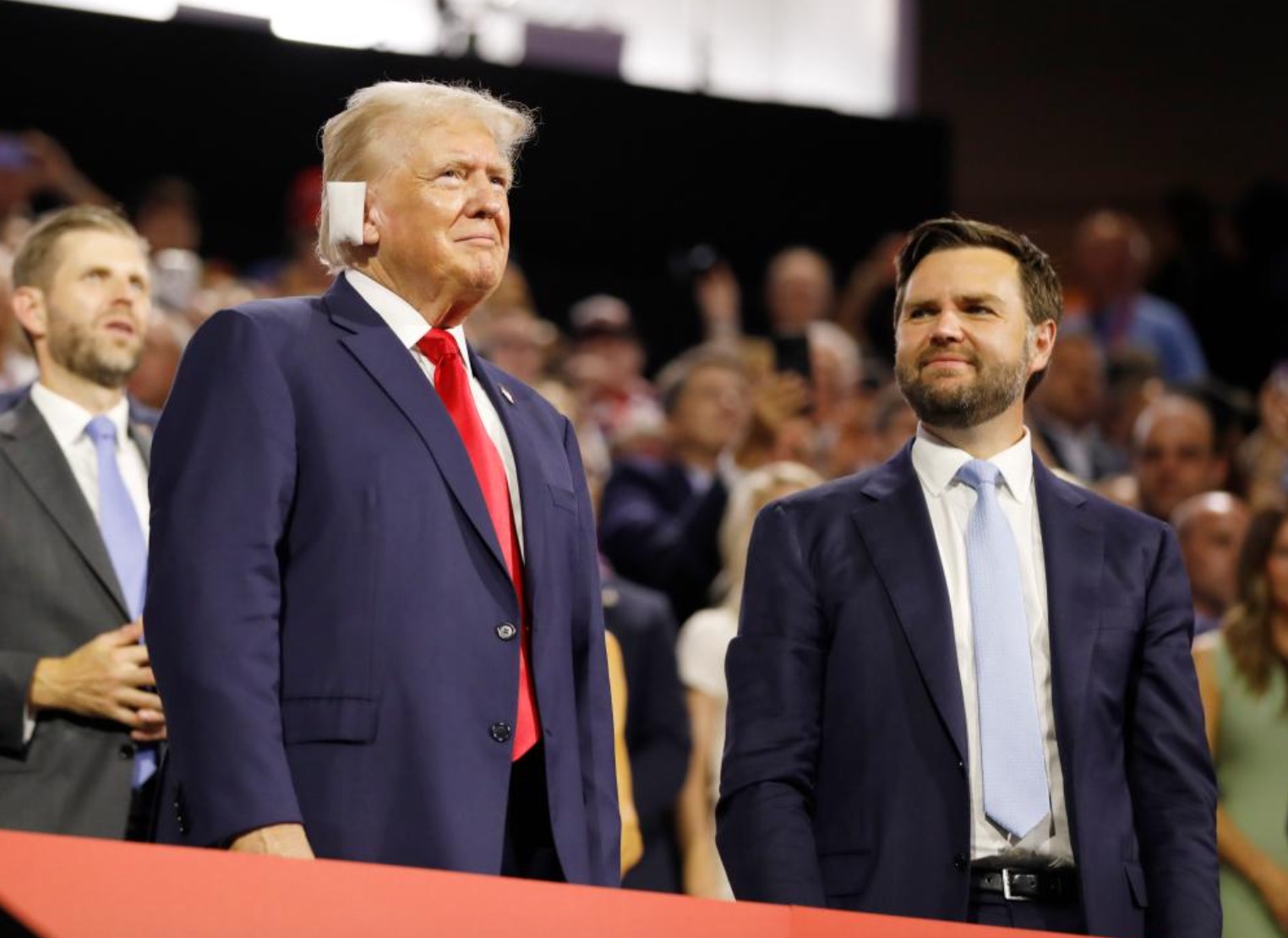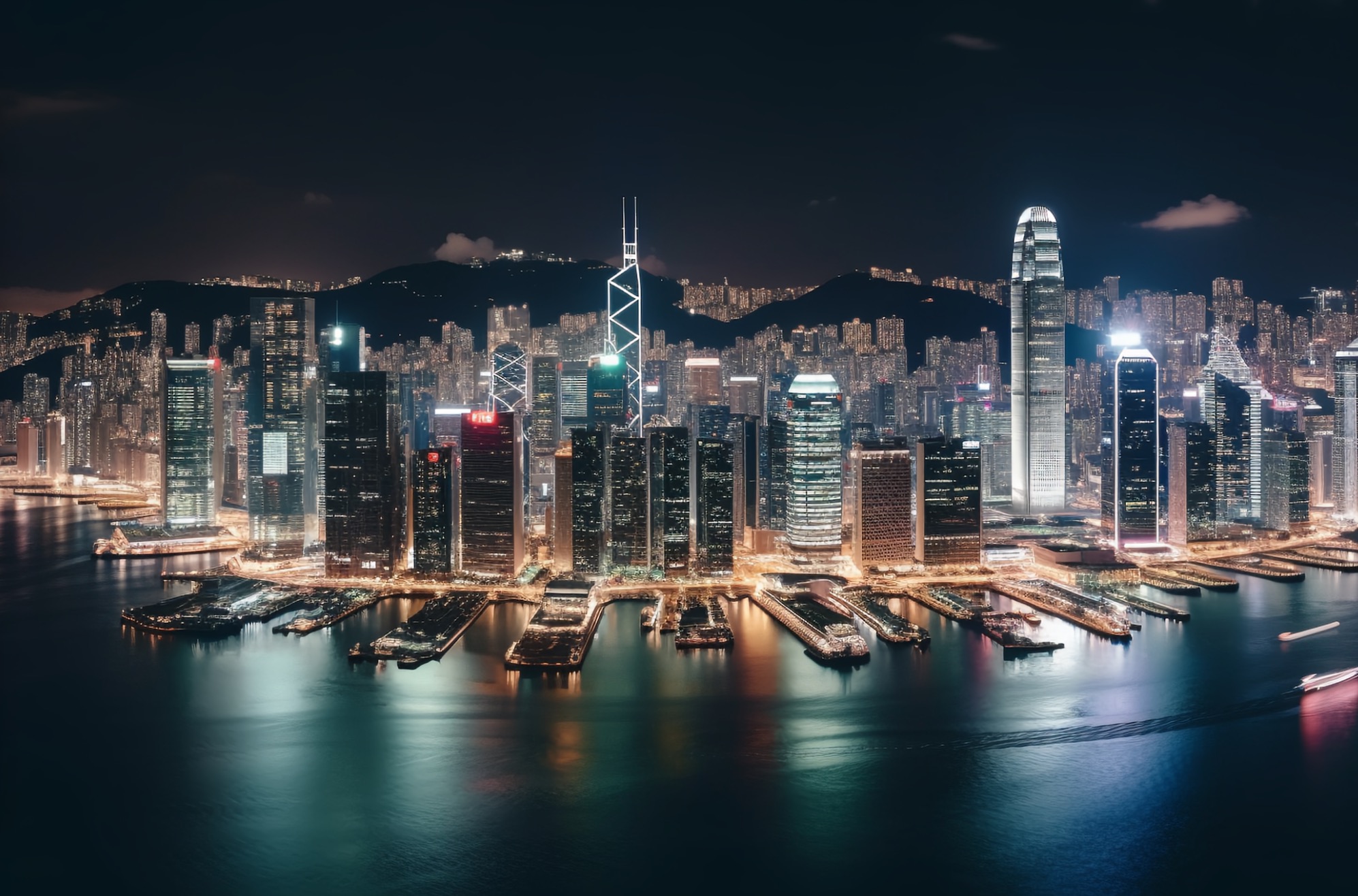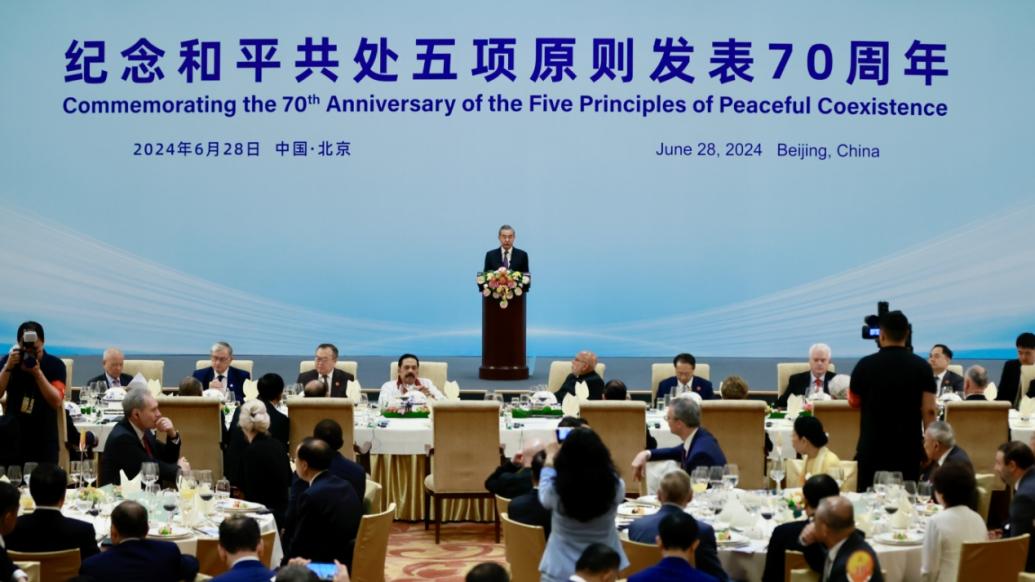
By Peter Kien-hong Yu
What Will Likely Happen to the Taiwan Area Before and After January 11, 2020?
It is clear by now that three candidates will compete for the 15th presidency on January 11, 2020 in the Taiwan area: Tsai Ing-wen, Han Guo-yu, and James C. Soong.
However, Soong, labelled as a spoiler and competing for the fifth time, does not stand a chance to become the president. I believe that he will win more votes from Democratic Progressive Party (DPP) supporters than from Nationalist Party (KMT) counterparts. Hence, this scenario is quite to Han’s advantage.
It is also clear that what has taken place in Hong Kong since June 2019 works definitely in the favor of Tsai. We have first seen peaceful marches held in Hong Kong streets in June 2019, challenging the Beijing Government over the Fugitive Offenders and Mutual Legal Assistance in Criminal Matters Legislation (Amendment) Bill 2019, which was proposed by the Hong Kong Special Administrative Government in February 2019 for the purpose of establishing a mechanism for transfers of fugitives not only for the Taiwan area, but also for the Chinese mainland and Macao, which were excluded in the existing laws. Although withdrawn in September 2019, tensions did not abate. To this day, we still see violence and riots erupted here and there, seemingly difficult to come to an early end.
It is again clear that the January 2020 elections are life and death for maintaining the status quo of the Taiwan area. Although defeated miserably in November 2018’s Nine-in-One elections in the Taiwan area, Tsai, who heads the ruling party, DPP, coolly said right after the electoral defeat that the results were merely local-oriented. In other words, she is confident that many, if not most, voters are aware that the January 2020 elections are national in general and cross-strait in particular, because, the candidate who becomes the president can enable his or her party to acquire the ruling power status. According to the constitution, a president is in charge of diplomacy, has the duty of commanding and controlling the armed forces, and handles affairs between Taipei and Beijing.
What is not clear is whether the incumbent president, Tsai, can defeat Han, the candidate nominated by the KMT. Looking at various public opinion polls conducted by several respected sponsors over an extended period of time, we noticed that, although able to generate waves of prolonged support from the grass-roots from August 2018 to early 2019, Han’s popularity had dwindled by the end of July 2019. We must not forget that, although proud of its democratic achievements in certain areas, the Taiwan area is still, for the most part, plagued by populism. The mass media, for example, is usually pro-ruling party. Many foreigners are misled into thinking that Tsai has done a good job as the president over the last three-plus years or she has further consolidated democracy.
To be sure, Tsai has been questioned whether she had shattered the long-cherished democratic process, long established within the DPP, by permitting her subordinates to make unfair moves to drag down Lai Ching-te at the DPP’s primary election. Reportedly, the DPP’s original primary date was scheduled for April 12, 2019. However, after Lai’s announcement that he would compete for the presidency, Tsai’s faction within the party delayed the primary for various reasons, even considered the option of canceling the primary. After twists and turns, zigs and zags, as well as ups and downs, the primary dragged on, and Tsai, criticized by many for undemocratic manipulation, emerged as the sole candidate in June 2019.
It is also not clear how would Beijing handle Tsai after May 20, 2020 if she were re-elected. I perceive that the latter will still stubbornly refuse to accept the November 1992 consensus, which had been helping to maintain the status quo between Taipei and Beijing in the former’s favor in the international society, as reflected in the Ma Ying-jeou era. Would Xi Jinping et. al. decide to once-and-for-all diplomatically stifle Taipei’s international space by establishing formal ties one by one with the remaining 15 countries, which still recognize Taipei as a country? If the number of diplomatic ties dropped to 8 or less, Tsai would remain in Chinese history as having a record worse than Wang Jing-wei, the latter of whom in March 1940 became the head of state of what came to be known as the Nanjing-based Reorganized National Government of the Republic of China (or Wang regime), serving as the President of the Executive Yuan and Chairman of the National Government. During Wang’s controversial era, his government maintained diplomatic relations with only nine countries in the world, including the Manchurian puppet regime.
It is not clear whether Lai would not further make more substantial moves to promote de jure independence of Taiwan. Why do I not mentioning Tsai? This is because: First, in recent months, mass media in the Taiwan area have been publicizing the fact that Tsai’s father had connections with Imperial Japan from the second half of 1944 to August 1945. The label, “traitor to China” (Chinese: Hanjian), can easily be thrown at those Chinese, who voluntarily chose to collaborate with Japan during World War II. After the war, Tsai’s father began to have connections with the KMT. Tsai’s elder sister even served an important post under the KMT. Tsai herself got help in one way or another from the KMT in general and later the former president, Lee Teng-hui, in particular. Second, Lai in general or his parents in particular have no connections or ties with the KMT. In other words, Lai did not receive favors from the KMT for him to be grateful of or even loyal to the once powerful and rich political party. Lai took office in September 2017 as the 49th Premier. Later in the same month, appearing in the Legislative Branch (Chinese: Lifa Yuan), he, for the first time, dared to utter the following words, “I am a political worker who advocates Taiwan independence”, adding “We are already an independent sovereign nation called the Republic of China. We don’t need a separate declaration of independence.” Tsai did not ask Lai to immediately step down from his post. In short, he definitely in his heart and mind favors two Chinas and, as time ripens, One Republic of Taiwan, One People’s Republic of China.
It is not clear how many pro-Tsai voters lost trust in her when it comes to the controversial issue of her doctoral degree. In the West, a candidate would most likely immediately withdraw from an electoral race if gross fraud is discovered. Tsai claims that she did receive her PhD degree from the London School of Economics and Political Science. However, under scrutiny, many experts seriously question what Tsai said, because she could not produce her final version of the dissertation under the sun, even as of this writing.
It is not clear whether the United States and Japan can easily establish closer relationship with Han, if he becomes the new president. Han has a greater China mentality. As such, he can easily accept the 1992 consensus. He also knows how to deal with the Chinese Communists. In November 2019, he, for the first time, said he favors Hong Kong’s double universal suffrage, while opposing its de jure independence. As we know, to this day, some Americans and Japanese still prefer a two-China arrangement, so as to contain the so-called China threat.
In sum, there are still many ifs and buts in the politics of the Taiwan area. I really hope the pan-green camp supporters wake up, that is, acknowledge that, without the Chinese mainland’s economic and financial support, the economy of the Taiwan area will be even worse off. Statistics amply shows that the Taiwan area has consistently earned annual foreign exchanges from the Chinese mainland, rather than vice versa. Without a sound and robust economy, democracy and freedom do not carry much weight.
























Leave a Reply
Your email address will not be published. Required fields are marked *